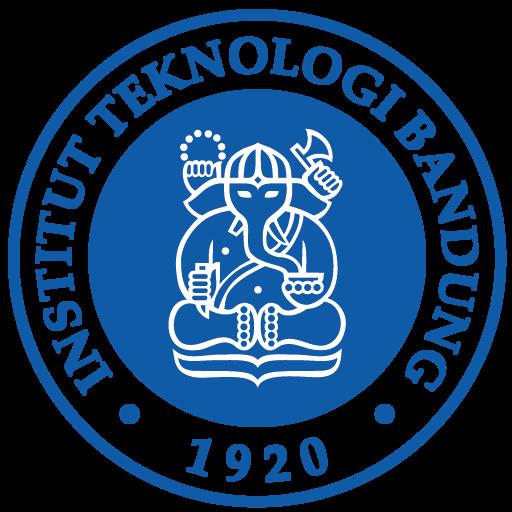CAN'T YOU SEE?
Introduction
Climate change is the greatest health threat facing humanity today. Extreme weather events—such as heatwaves, floods, and droughts—can directly affect health through heat stress, deteriorating air and water quality, food insecurity, and changes in the distribution and ecology of disease vectors. These events also compromise food and water security, contributing to malnutrition and undernutrition. Furthermore, the combustion of fossil fuels not only drives greenhouse gas emissions but also leads to hazardous levels of air pollution.
Climate change also threatens the broader social determinants of health, including livelihoods, equity, access to healthcare, and the resilience of social support systems. These climate-sensitive health risks are not evenly distributed; they disproportionately affect vulnerable and marginalized populations such as women, children, ethnic minorities, underserved communities, older adults, and individuals with pre-existing health conditions.
This study, conducted in Indonesia, Vietnam, and Nepal, seeks to explore how communities perceive and experience the impacts of climate change on their health, well-being, and livelihoods. It also examines the adaptive actions they are taking in response. By capturing these lived experiences, we aim to deepen our understanding of how climate change is affecting health at the community level.
The Process
Between October 2023 and March 2024, we collaborated with 10 students from the Faculty of Art and Design at the Bandung Institute of Technology to document their perspectives using the photovoice method—a qualitative, participatory research approach that combines photography and narrative to overcome social, cultural, and linguistic barriers. This method enables powerful storytelling and supports advocacy efforts.
To broaden community engagement, we also launched an online photo competition inviting social media followers to share images and narratives about their climate change experiences. Approximately 35 participants submitted entries. Over the six-month period, these two activities generated more than 70 visual stories and hundreds of photographs.
Their Perspective
In Indonesia, climate change is not just a headlineit's a lived reality. Prolonged droughts, relentless floods and rising seas that swallow homes and even graves serve as nature's stark reminder: when we stop living in harmony with the earth, disaster follows. These images are not just experiencesthey are warnings!
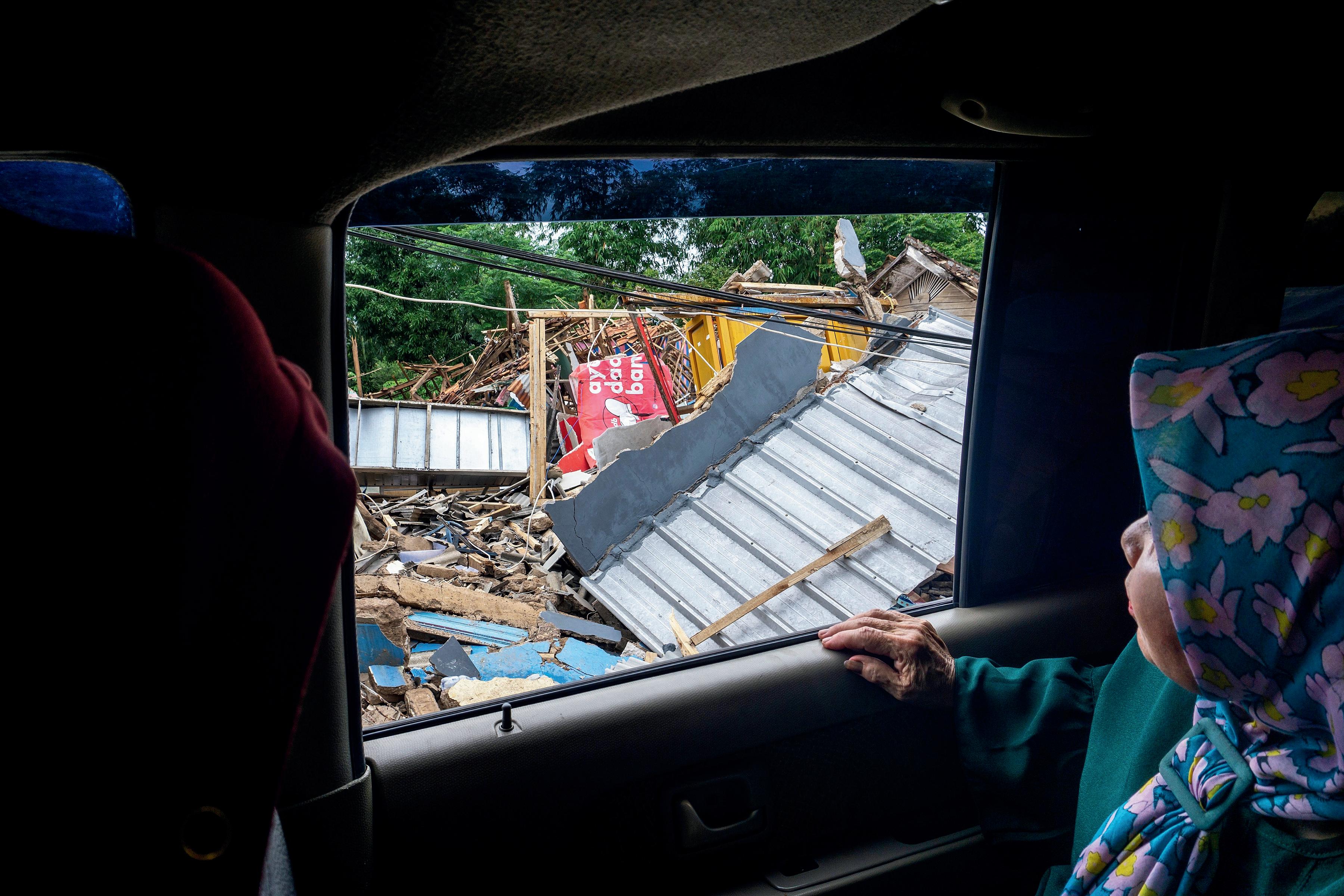
The Causes
Air pollution and poor waste management are often seen as the leading causes behind the climate change people talk about. Many also point to the massive construction of apartment complexes as a growing trend in Jakarta's urban landscape. Interestingly, youth participants brought different concerns: the abandoned amusement parks, hotels and restaurants left behind since the COVID-19 pandemic, and the widespread sale of coral reefs and marine fishes which they believe is disrupting the delicate balance of ocean ecosystem

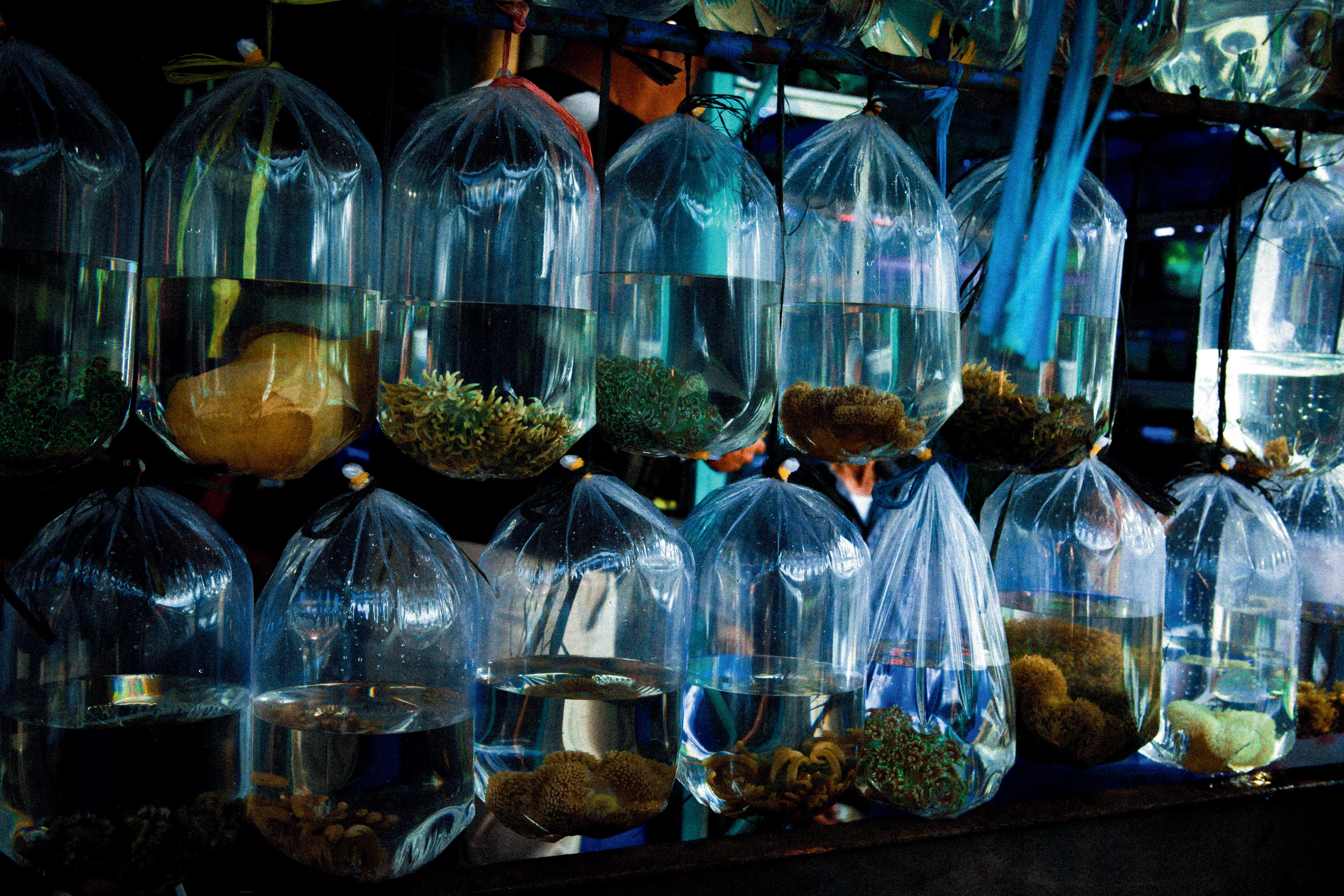
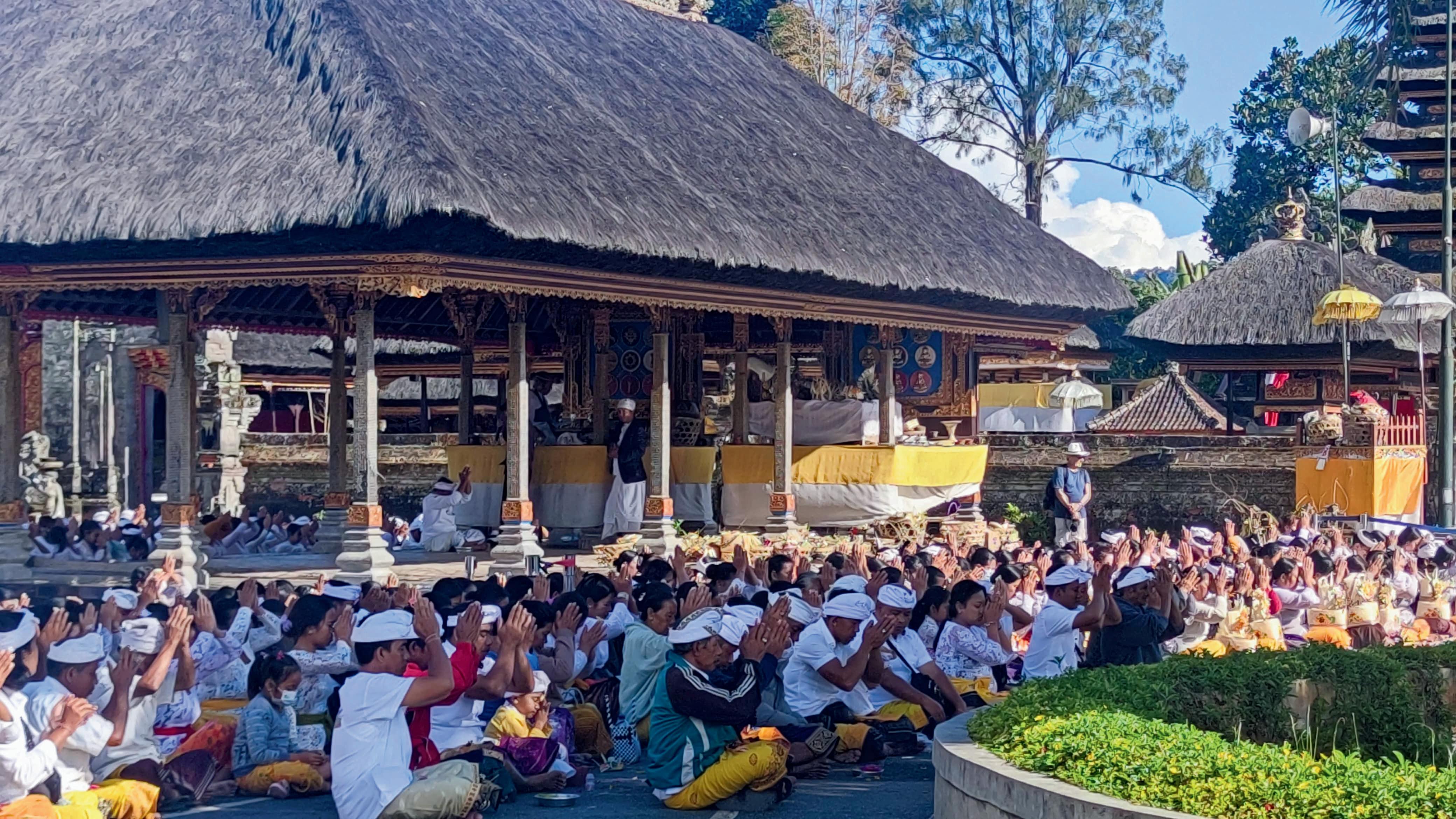
The Health Impact & Risks
Community complaints regarding changes in their health conditions are seldom associated with exposure to climate change. This tendency, compounded by the prevalent practice of selfmedication—whether through traditional remedies or the purchase of non-prescription drugs— presents a significant challenge for researchers in assessing the impacts and health risks posed by climate change

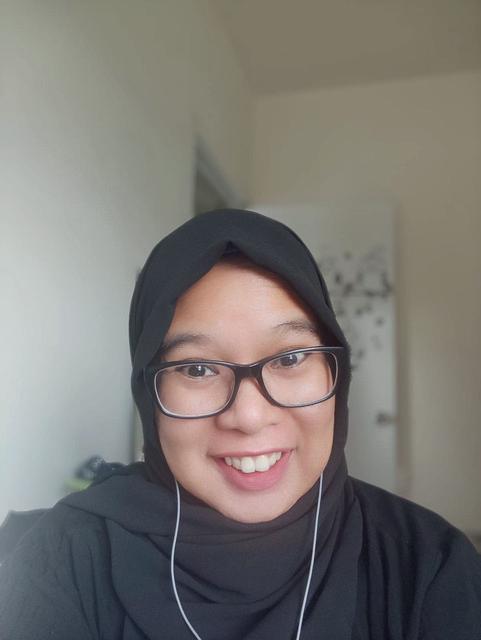
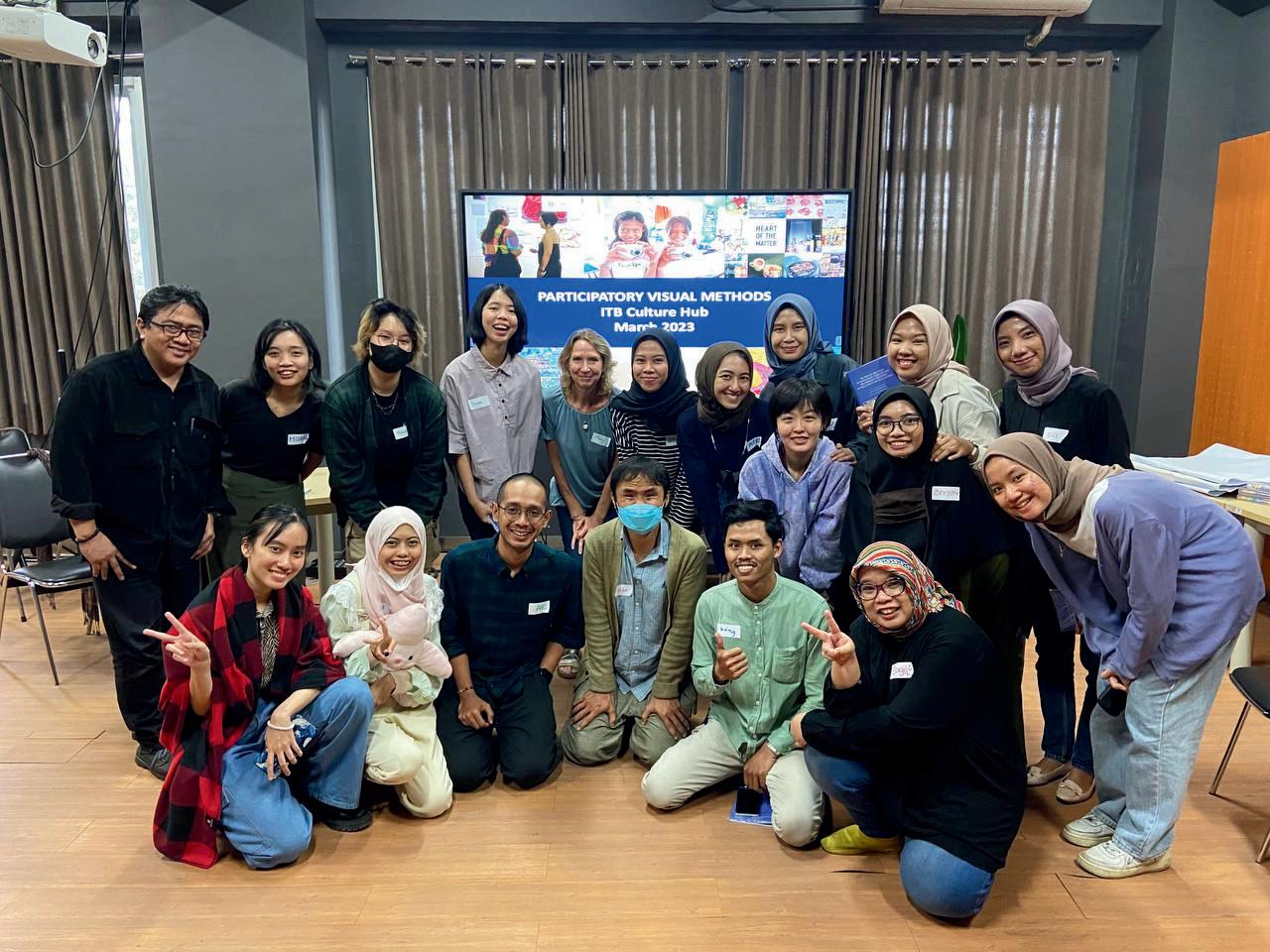
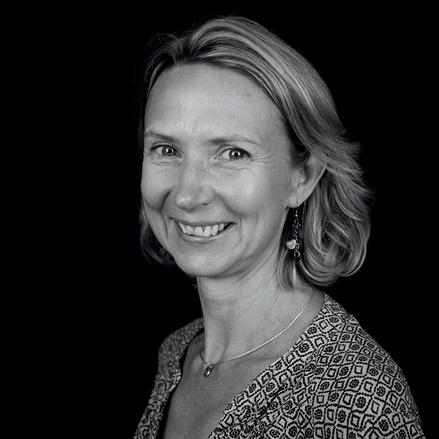
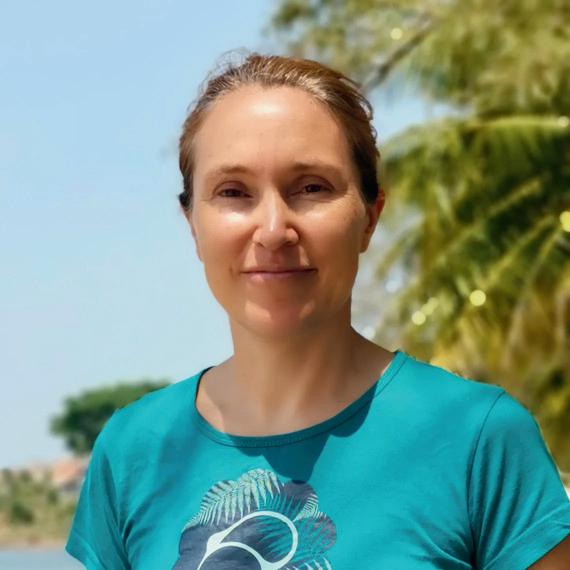
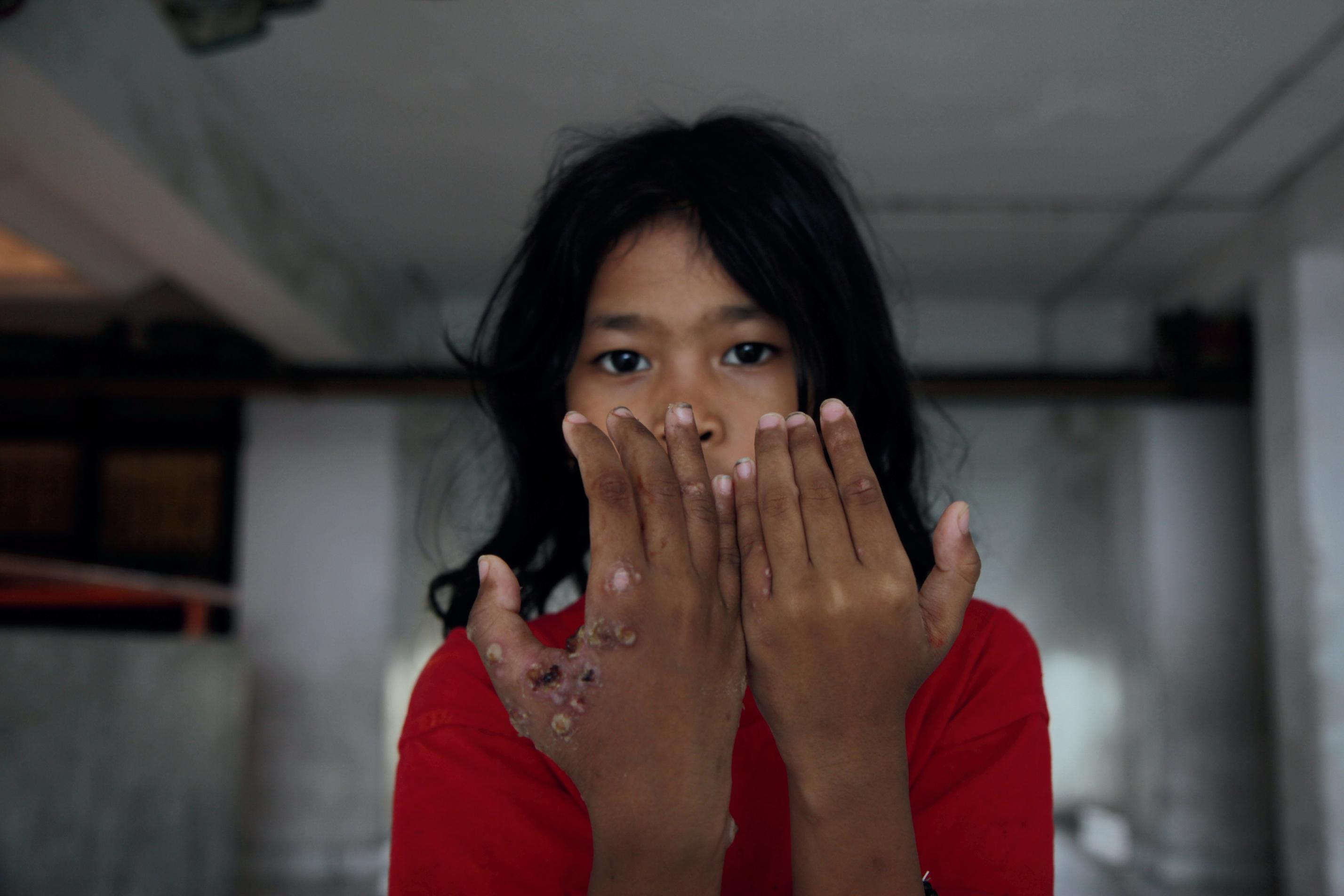
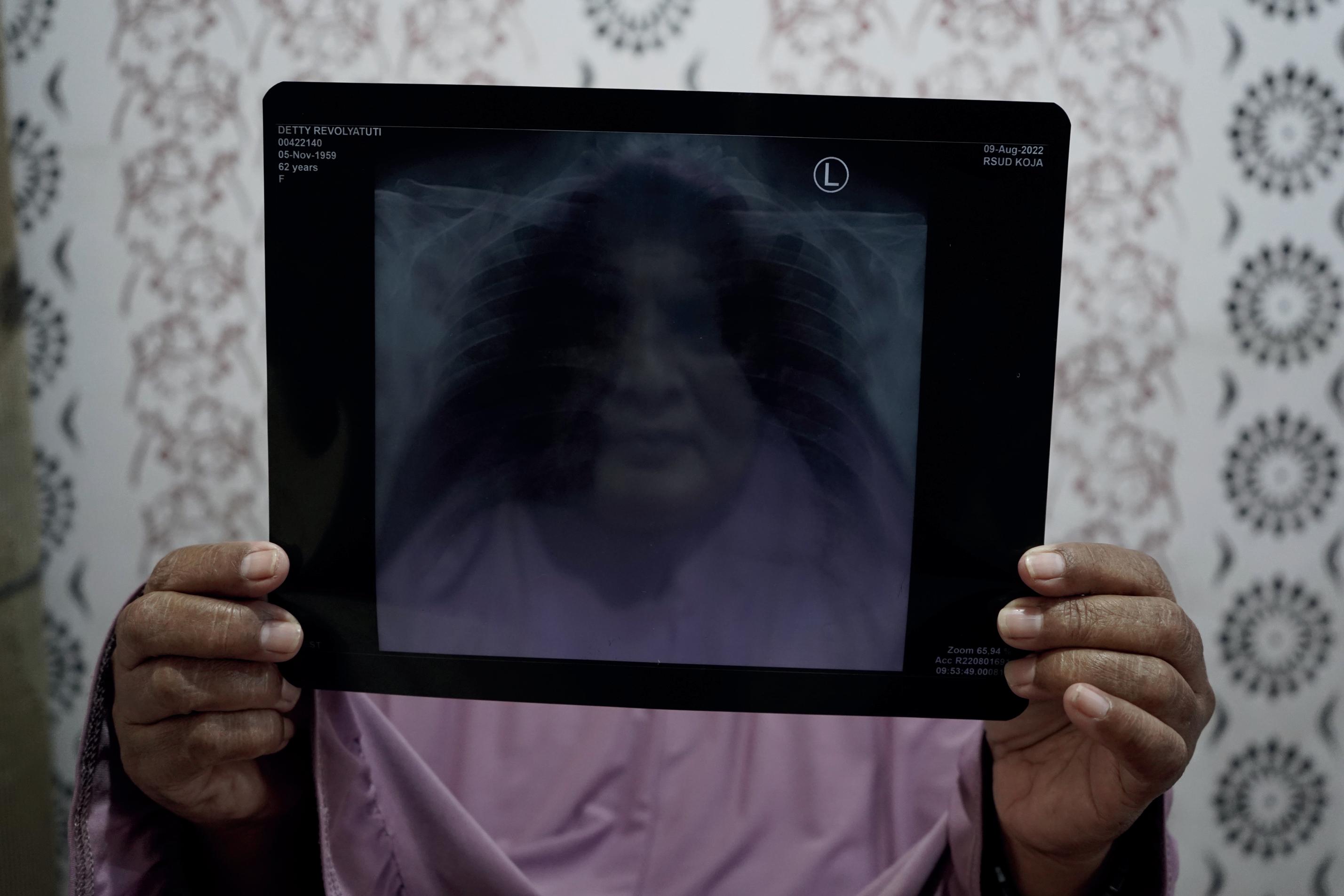
Futher Actions
To build upon the categorisation process, we will continue coding each story to identify key topics within each thematic category and compare these findings with data collected from other countries. These comparative insights will contribute to our ongoing research on climate and health. As part of our commitment to ethical research and community engagement, the findings will also be shared with participants once the analysis is complete.
In terms of public engagement, the photo compilation e-book we have developed will be combined with narratives from other study sites. Given the current context, the final version will be disseminated online via our official social media platforms and other relevant digital channels. Interested parties who wish to share the e-book are encouraged to contact us via email.

